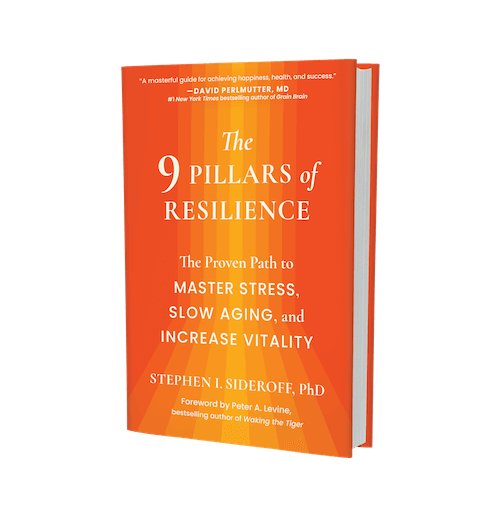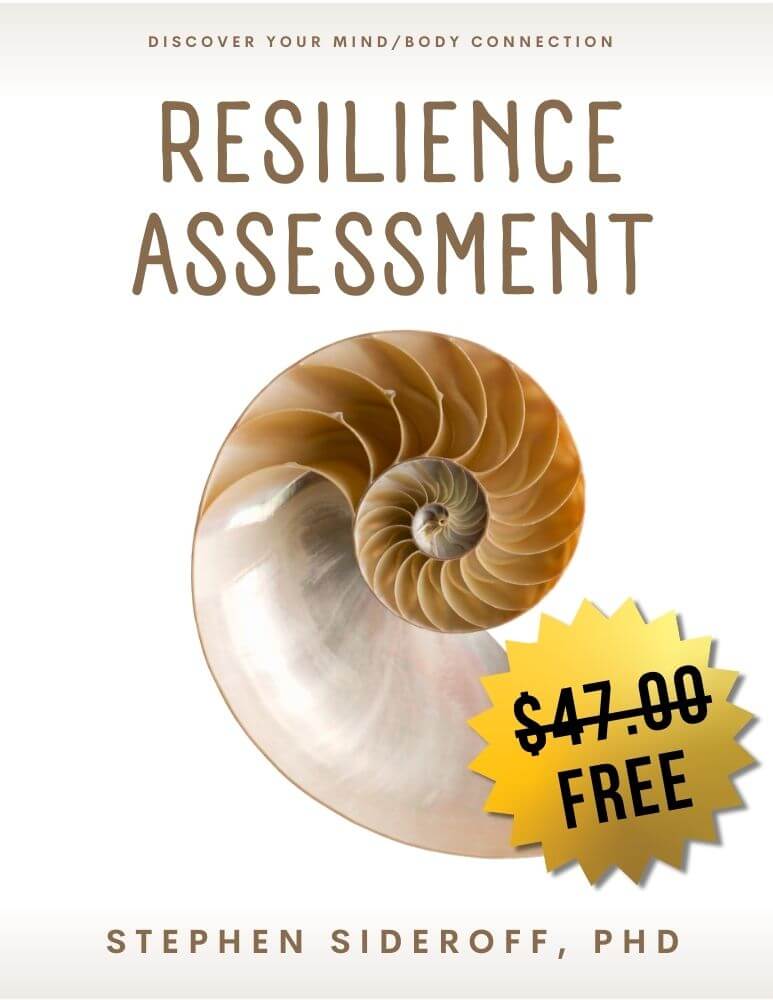Posted in Psychology Today August 17, 2015
We often refer to our stress response as our “fight-or-flight” response. This means we prepare for a threat by getting our bodies ready to either fight or run from the danger. For years, professionals have accepted this theory. We teach our clients to be in accord with this biological and survival mechanism, and try valiantly not to overdo their stress response. After all, this is the biological mechanism we were born with and that we have evolved to produce – what else can we do?
The problem we now face is what I refer to as an “evolutionary mismatch” between this stress or survival mechanism, and the types of demands we face. We experience a dizzying array of stressful situations, yet few if any can be solved by either fighting or running. This mismatch is a major factor in stress related symptoms.
I believe there is plenty we can do rather than simply accept a response that doesn’t fit the demands of the 21st century. That’s right, I’m suggesting we have the capability to literally redesign our response to danger and stress so it conform to the demands of our environment.
For many years I’ve been working with elite and professional athletes to achieve peak performance. But it’s difficult to perform at your best when the pressure of an important performance engages the fight-or-flight mechanism of your body. Thus my approach with these athletes is literally the mastery – and shaping – of their stress response to be a better fit with their performance needs. The best athletes under pressure are examples of how you can redesign your stress response. I refer to this adjusted response as a “calm focus” because muscles are less constricted, the cardiovascular system is less activated and therefore, calmer. Yet the athlete is able to focus and perform at his or her best.
New research shows that we have great ability to control the destiny of our genes, or our genetic makeup. This is revolutionary. The argument between nature versus nurture has now been determined: nurture, or our relationship to our environment, can determine how our genes (or nature) are expressed. This is called “epigenetics.” This new approach shows us that our behavior, thinking, and our belief system actually interact with our genetic makeup and determine how our genes get expressed.
This is great news. It means our bodies have the potential to adapt to the specific demands of modern life. We can literally retrain our physiology to produce a stress response that is more in line with the demands we face. Thus, athletes need to be supremely focused, but at the same time their precision of performance requires a calm nervous system. Their muscles need to be prepared for action, but they cannot be too tense or the athletes lose control over them.
The average person who is not trying to be a peak performer – you and me – can learn some of these same basic lessons. Through practice, you can learn to develop a stress response that produces the necessary focus and heightened awareness, while you remain relatively calm. What it requires is a combination of practice and the appropriate mental framework.
Let’s take a common example of what I’m talking about to bring home this point. Most of us have had the experience of driving to an appointment, hitting traffic and realizing we might be late. This “danger” then causes the fight-or-flight response to be triggered. If you are aware, you will notice that you are clamping down on the steering wheel and perhaps clenching your teeth. You might also feel the pounding of your heart. This is your fight-or-flight response in action. But what is this tensing and clamping getting you? Is it helping you get to your meeting faster? Your stress response is engaged to address the danger, but it is not making a difference or serving you.
A more appropriate response in this situation would be to maintain a high level of focus and attention, then shift your focus to relaxing your muscles and staying calm. You would start by telling yourself something like, “This is not a life-or-death situation. In addition, tensing my muscles will not get me there any faster, so I might as well keep them relaxed and save my energy for when it’s really needed. The only part of my stress response that I must engage is mental focus and paying attention.”
What I’m suggesting is that you want to bring your attention to this process – responding to the stresses in your life – that has been automatic. Awareness is the key ingredient to shifting something that is automatic. Bringing awareness and intention gives your body and brain an opportunity to do things differently.
What I’m suggesting is nothing short of the redesign of your stress response, your primary survival mechanism, to adapt it to the 21st century. It’s time to develop a stress response that is truly adaptive and appropriate for the stresses of today. The result will be greater resilience.

